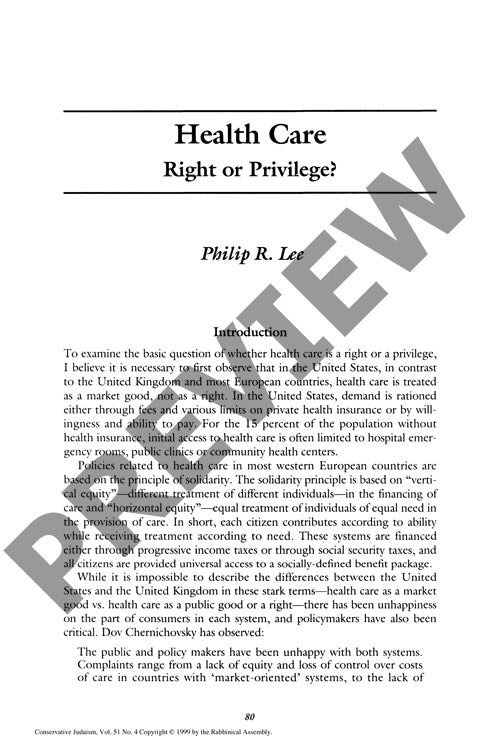Health Care Right or Privilege
Couldn't load pickup availability
The United States stands virtually alone among developed nations in treating health care as a market commodity rather than a fundamental right - a stark contrast that shapes every aspect of care delivery, access, and outcomes. Through comparative analysis of American market-based healthcare and European solidarity models, this research reveals how deeply embedded cultural and political forces continue to block universal coverage. Three distinctive American characteristics - distrust of government intervention, pluralistic policymaking, and incrementalism - have repeatedly derailed major reform efforts, from Clinton's 1993 proposals to California's state-level initiatives. The analysis identifies four power centers - physicians, insurers, hospitals, and profit-making entities - whose coordinated opposition maintains the status quo. Using theoretical frameworks focused on vertical and horizontal equity principles, the research demonstrates how interest group politics and ideological resistance have created persistent problems of access, cost, and equity that European solidarity-based systems largely avoid. To address these systemic limitations, a "reinventing public health" strategy is proposed, emphasizing prevention, health promotion, and comprehensive reform to shift American healthcare from privilege toward right.

More Information
-
Physical Description
-
Publication Information
Published 1999
ISBN
-
Publication Credits
Philip Lee

